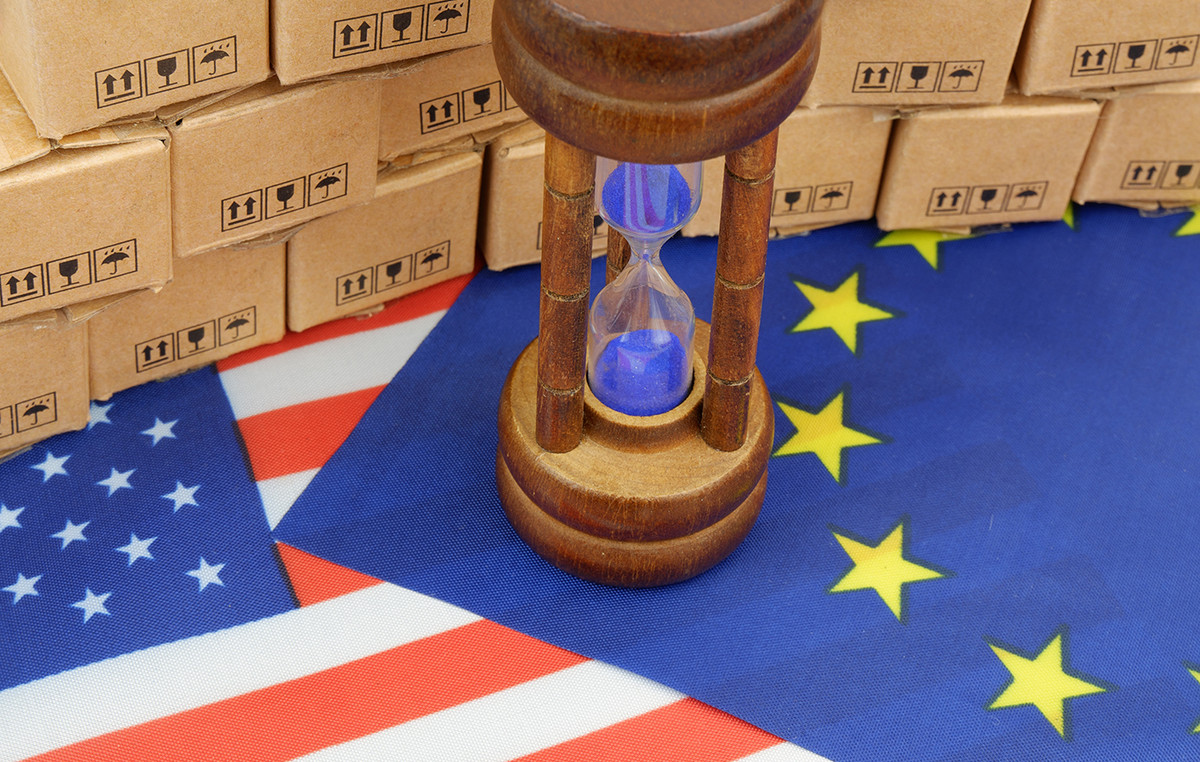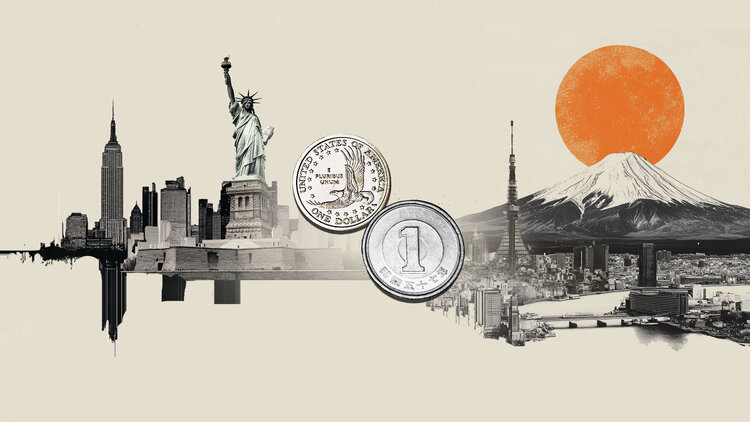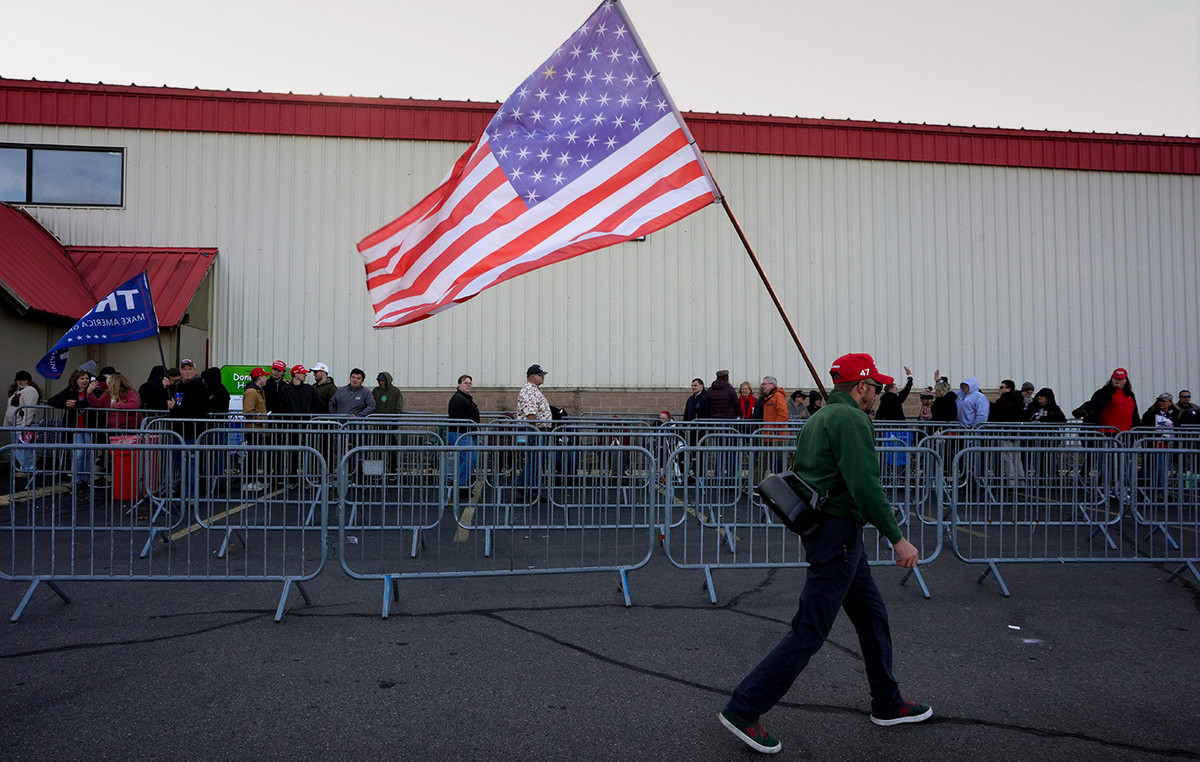Oil closed down on Wednesday (3), in a session marked by volatility. Contracts even rose after the Organization of Petroleum Exporting Countries and allies (OPEC+) decided to increase its supply by 100,000 barrels per day (bpd) in September.
However, the movement did not sustain itself, and oil began to fall, given the increase in stocks of the commodity and its derivatives in the US.
On the New York Mercantile Exchange (Nymex), the barrel of WTI oil for September closed down 3.98% (US$ 3.76), at US$ 90.66, per barrel. Brent was down 3.74% ($3.76) at $96.78 a barrel.
OPEC+ decided to increase its supply by 100,000 barrels per day (bpd) in September, confirming an earlier decision by the international press and following the recommendation of its Joint Ministerial Monitoring Committee (JMMC).
This Wednesday’s increase does not replace the increases agreed in July, when OPEC+ decided to add 648,000 bpd to its monthly production for July and August.
In the US, oil and gasoline inventories rose, contradicting expectations of a fall. According to Edward Moya of Oanda, oil prices fell after energy traders saw the smallest increase in the history of OPEC+ and gasoline demand slumped in the US.
“It appears that OPEC+ is resisting calls to increase production as oil demand prospects continue to be dim. The world is struggling with the current global energy crisis and will not receive help from OPEC+”, he highlights, in a report sent to clients.
For Noah Barrett, an analyst at Janus Henderson Investors, the US probably expected a bigger increase in production, especially after President Joe Biden’s recent trip to the Middle East.
“In terms of overall supply/demand management, OPEC’s decision is logical. There is still great uncertainty about oil demand in the middle of this year, driven by questions around Chinese demand and the potential for a US or even global recession,” Barret said.
Oil demand is expected to continue its recovery, albeit at a slower pace than earlier this year and last year, the OPEC secretary general said ahead of Wednesday’s meeting.
“We are still seeing an increase in demand for oil when compared to the period of the Covid-19 pandemic in 2020 and 2021. There is a post-pandemic recovery, and we are still seeing that, but there is a relative decrease in its pace,” he said. Haitham al-Ghais to the Algerian state news channel.
Source: CNN Brasil
I am Sophia william, author of World Stock Market. I have a degree in journalism from the University of Missouri and I have worked as a reporter for several news websites. I have a passion for writing and informing people about the latest news and events happening in the world. I strive to be accurate and unbiased in my reporting, and I hope to provide readers with valuable information that they can use to make informed decisions.







